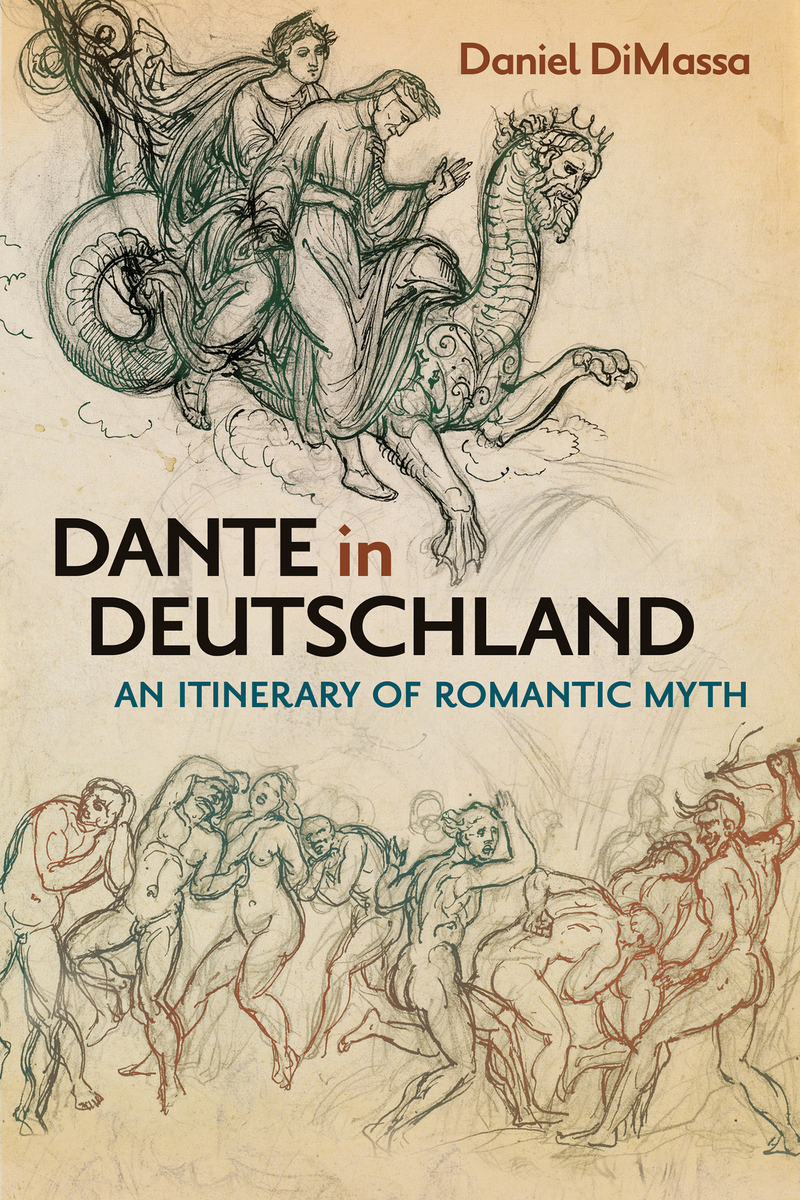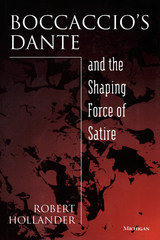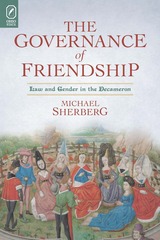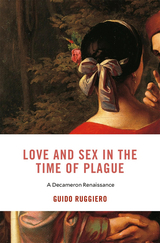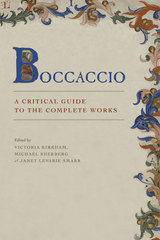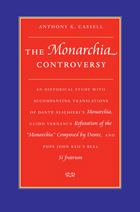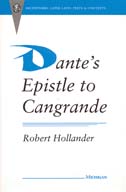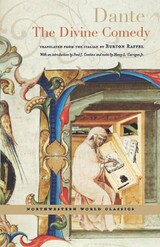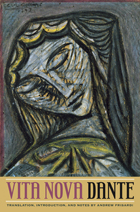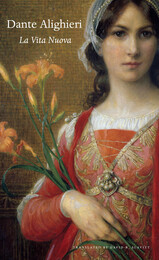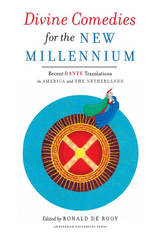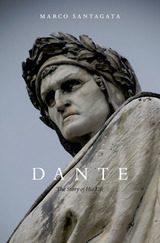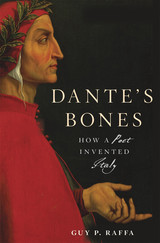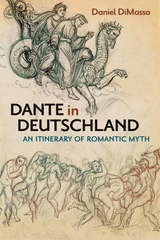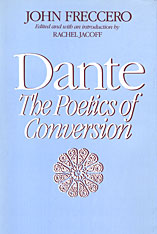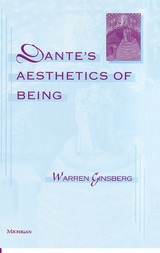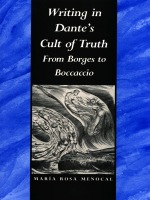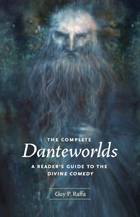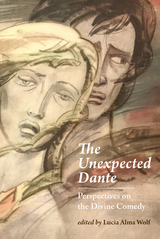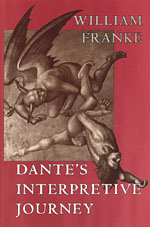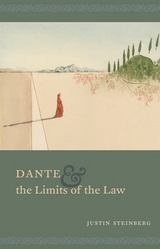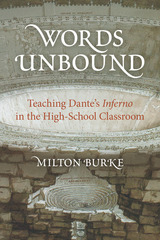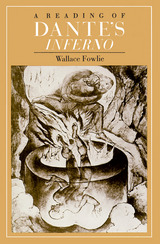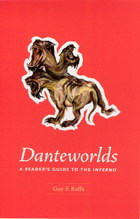“Daniel DiMassa’s masterful book traces the fate of Dante in Germany, but in doing so tells a story of Romanticism and its many afterlives in Germany. From the Brothers Schlegel to the circle around Stefan George, DiMassa traces nothing less than the persistence of myth in German letters.”
— Adrian Daub, author of What Tech Calls Thinking: An Inquiry into the Intellectual Bedrock of Silicon Valley
“It is still widely assumed that The Divine Comedy, given Goethe’s distaste for Dante, played little part in forming German modernity, and in shaping myths of a German return to medieval national and imperial glory. By leading us from a 1799 Jena reading circle to Stefan George and Thomas Mann, DiMassa fills in missing tranches of literary history to revise this potent, and ultimately tragic, narrative. Warmly recommended.”
— David Wallace, editor of Europe: A Literary History, 1348-1418
“Dante in Deutschland is one of those rare scholarly books that is both game-changing and thoroughly embedded within existing scholarship—well conceived, beautifully written, solidly documented and argued, and, most importantly, connecting traditional German studies of poetics and philosophy with significant new impetuses in cultural studies.”— Katherine Arens, The German Quarterly
“DiMassa has brought together the long and complex history of Dante’s fascination for German writers in a lucid and stylish study. It is exhaustive in the documentation of every phase—Romanticism, the age of Goethe, on down to the political uncertainties and initiatives that followed World War I. Dante is shown to have been central to the quest for literary authority, the search for a new mythology, the potential of allegory, the need for a model of autobiographical self-presentation. It emerges convincingly that there is more Dante in the deep history of German culture than might have been expected.
The large conceptions are supported by a fine grasp of the labyrinthine thinking of the Romantics and by close reading of key texts—Novalis’s ‘Hymnen an die Nacht’, Goethe’s ‘Ilmenau’, Schelling’s rarely analyzed poetry. Complexity nowhere generates obscurity. DiMassa’s text remains unpretentious and readable. He has drawn to good effect on his intimacy with two cultures.”
— T.J. Reed, author of Genesis: The Making of Literary Works from Homer to Christa Wolf
“The German Romantics made Dante the ideal of modern poets. He became a mythical authority, with an absolute claim to the roles of truth-teller and guide. Dante in Deutschland traces this dream from its creative power to its megalomaniac tendency—a unique case of one name becoming the measure of all things.”
— Stefan Matuschek, author of Der gedichtete Himmel. Eine Geschichte der Romantik
“An illuminating lens through which to reread the multi-faceted, discursive formation known as ‘German Romanticism.’ DiMassa shows how Dante, unlike Shakespeare and Cervantes, was not only rediscovered by the Early Romantics but crucially informed their understanding of modern literary authorship as a visionary task of myth-making. In a range of cases starting with Schelling, Novalis, and Goethe, DiMassa traces the spirit of Dante to the birth of the modern (German) literary author.”
— Kirk Wetters, author of Demonic History: From Goethe to the Present
“DiMassa’s erudite, intelligent, and elegantly written book offers an excellent overview of Dante’s reception in Germany in the context of Romanticism around 1800 and Neo-Romanticism in the early 20th century. He is not only very familiar with both German poetry and German literary criticism of the time; he also knows Dante’s text well.”
— Vittorio Hösle, author of Dante’s "Commedia" und Goethe’s "Faust": Ein Vergleich der beiden wichtigsten philosophisc
